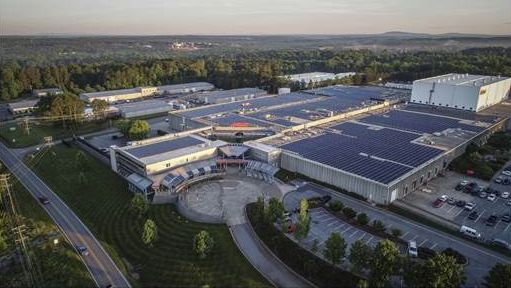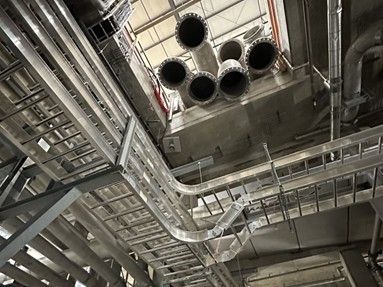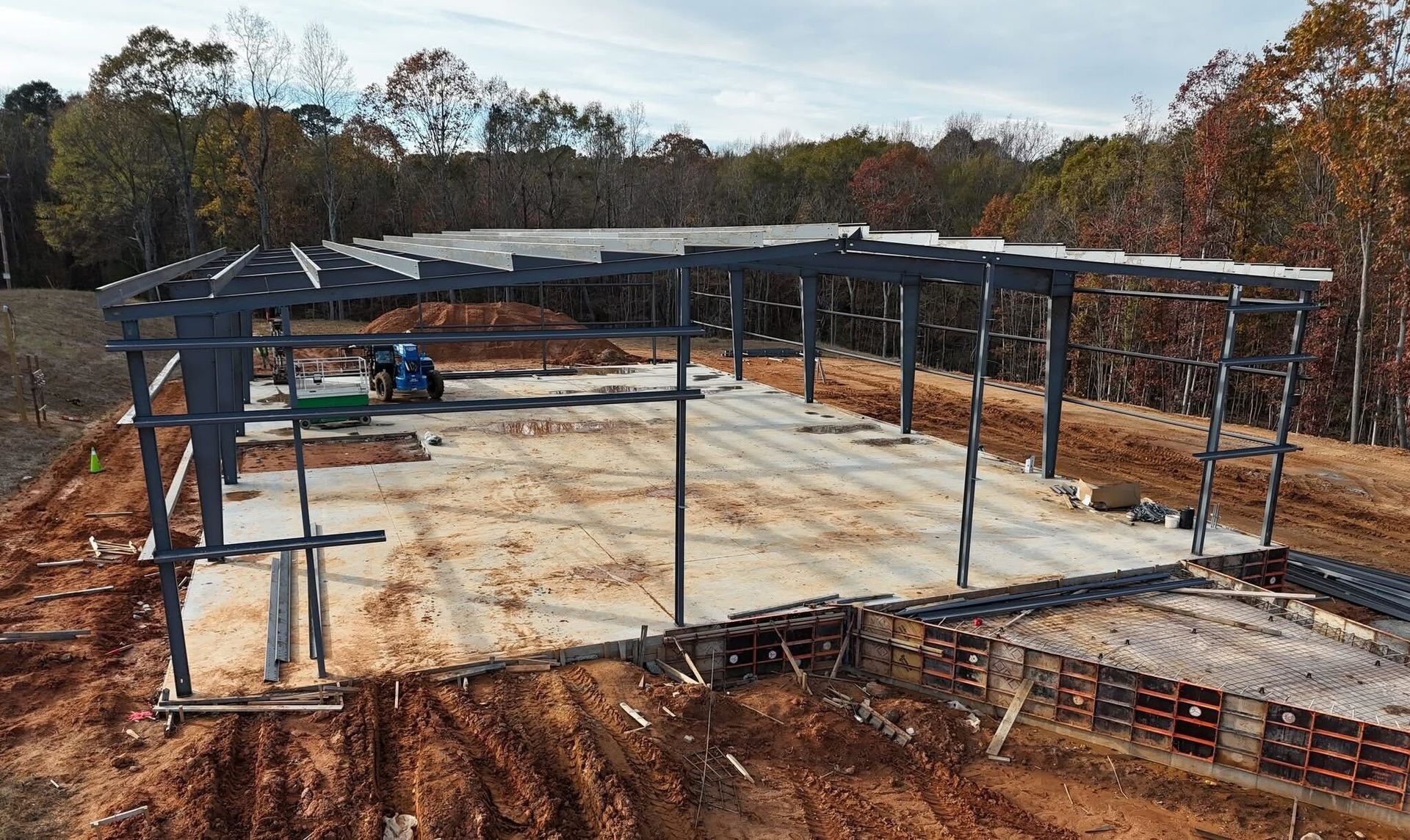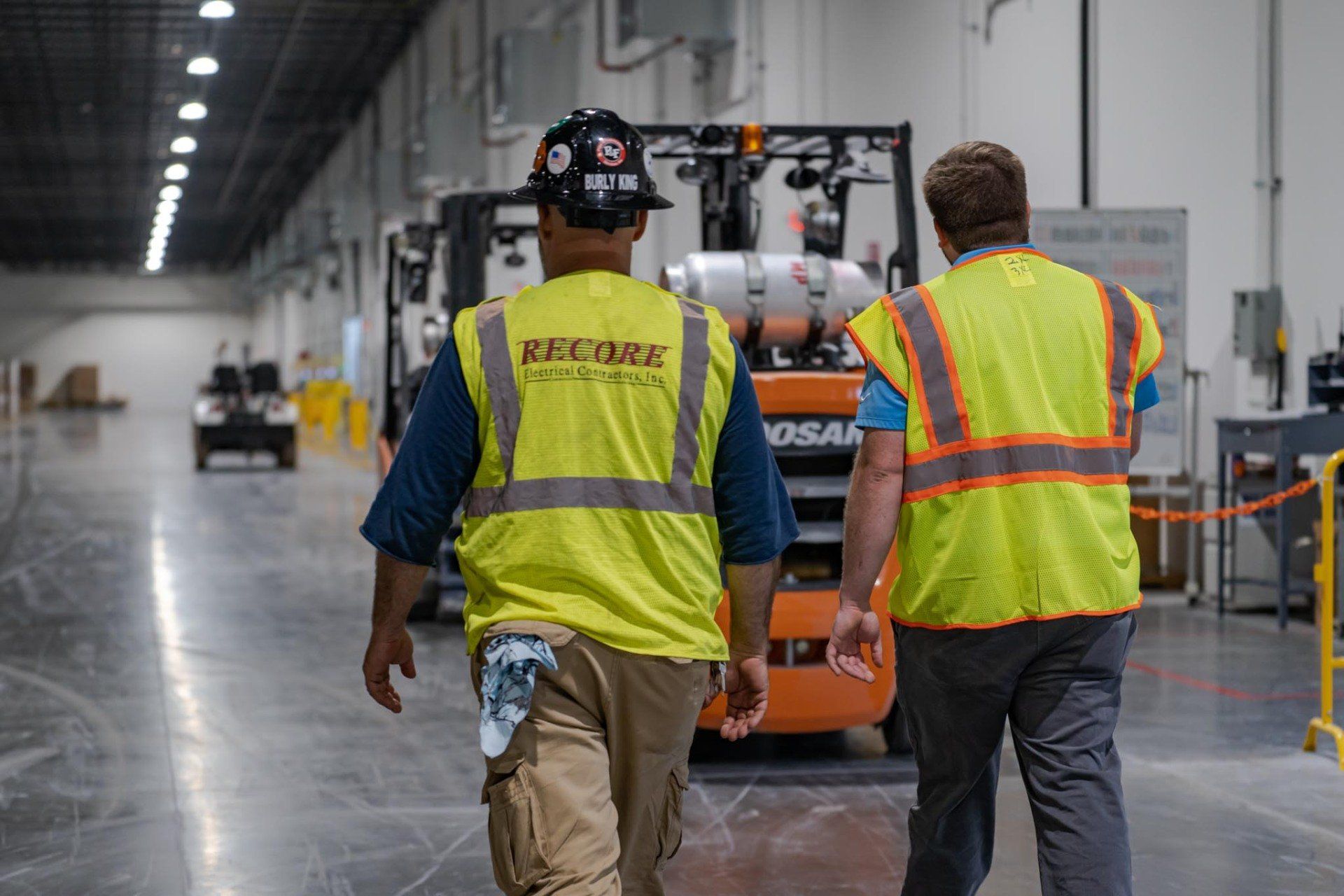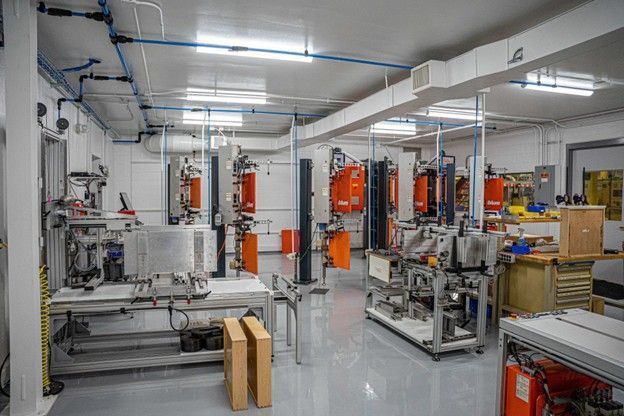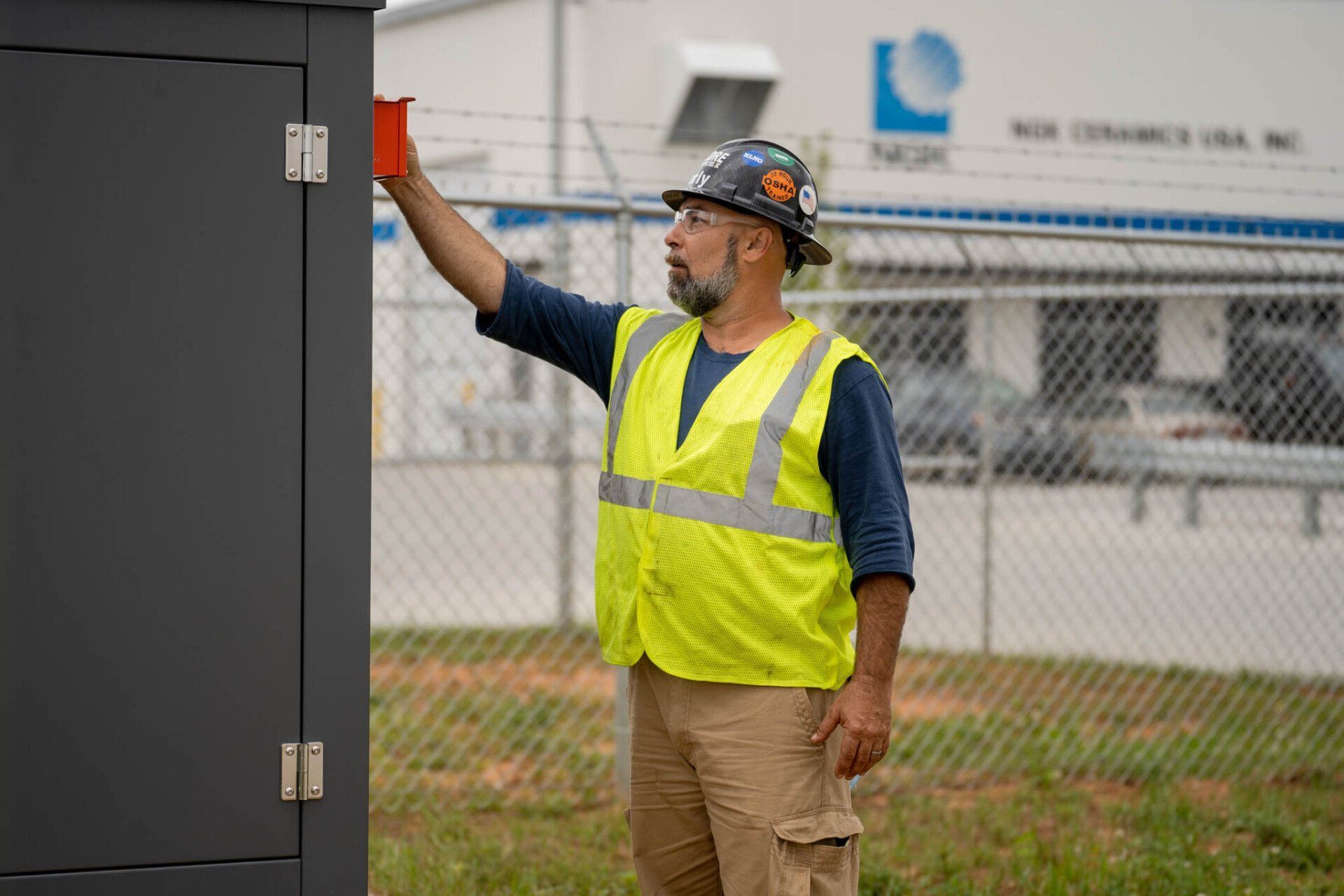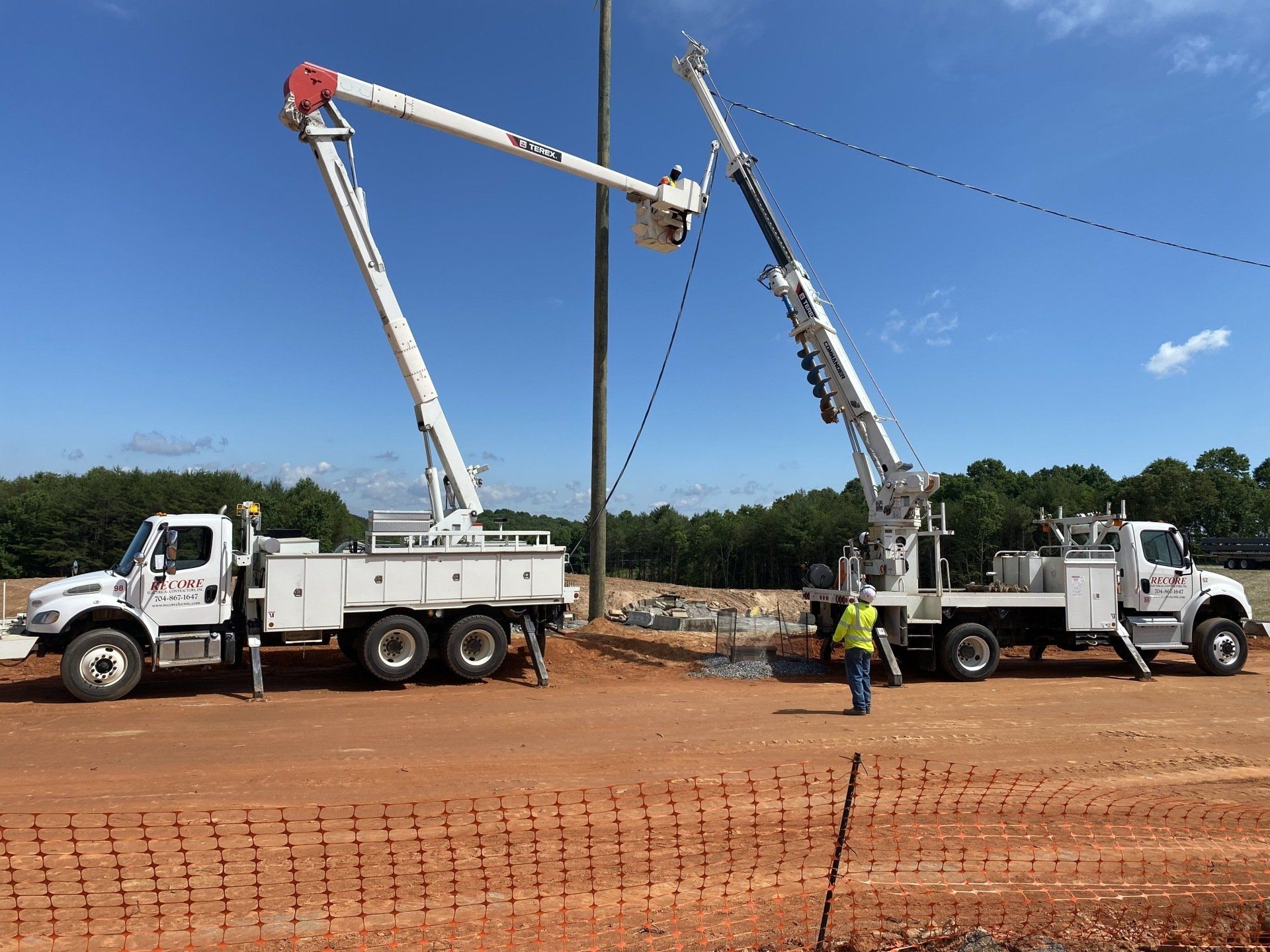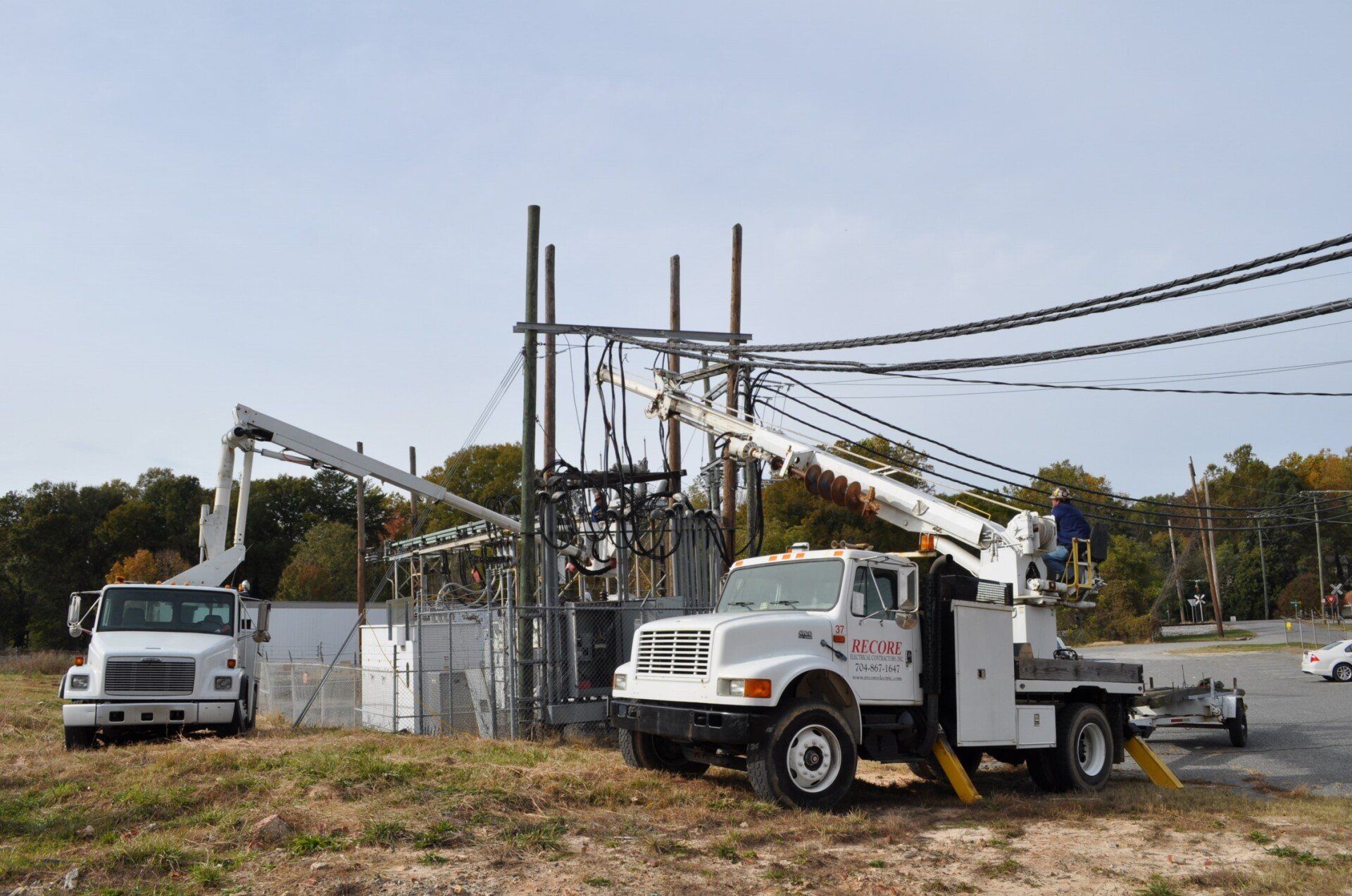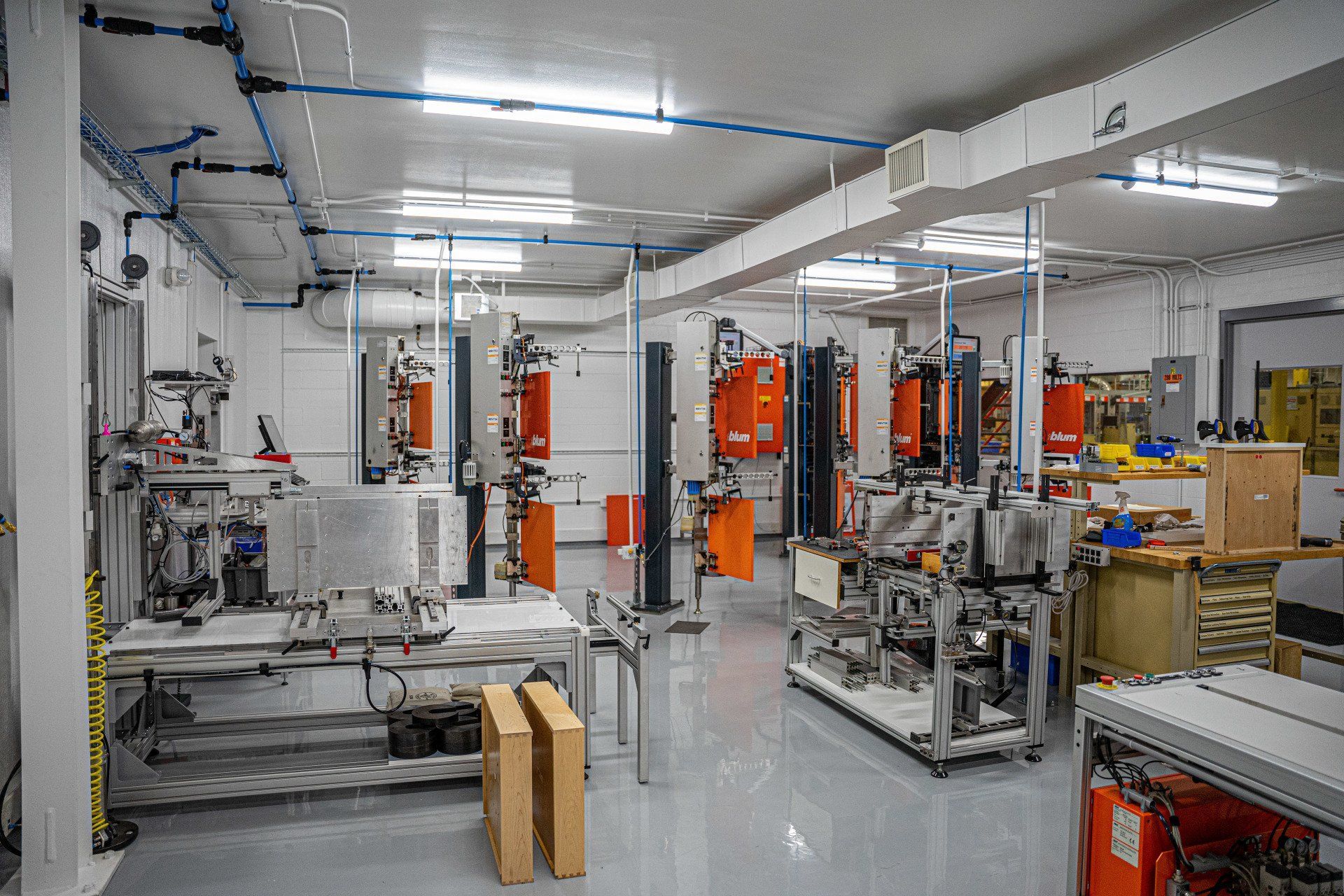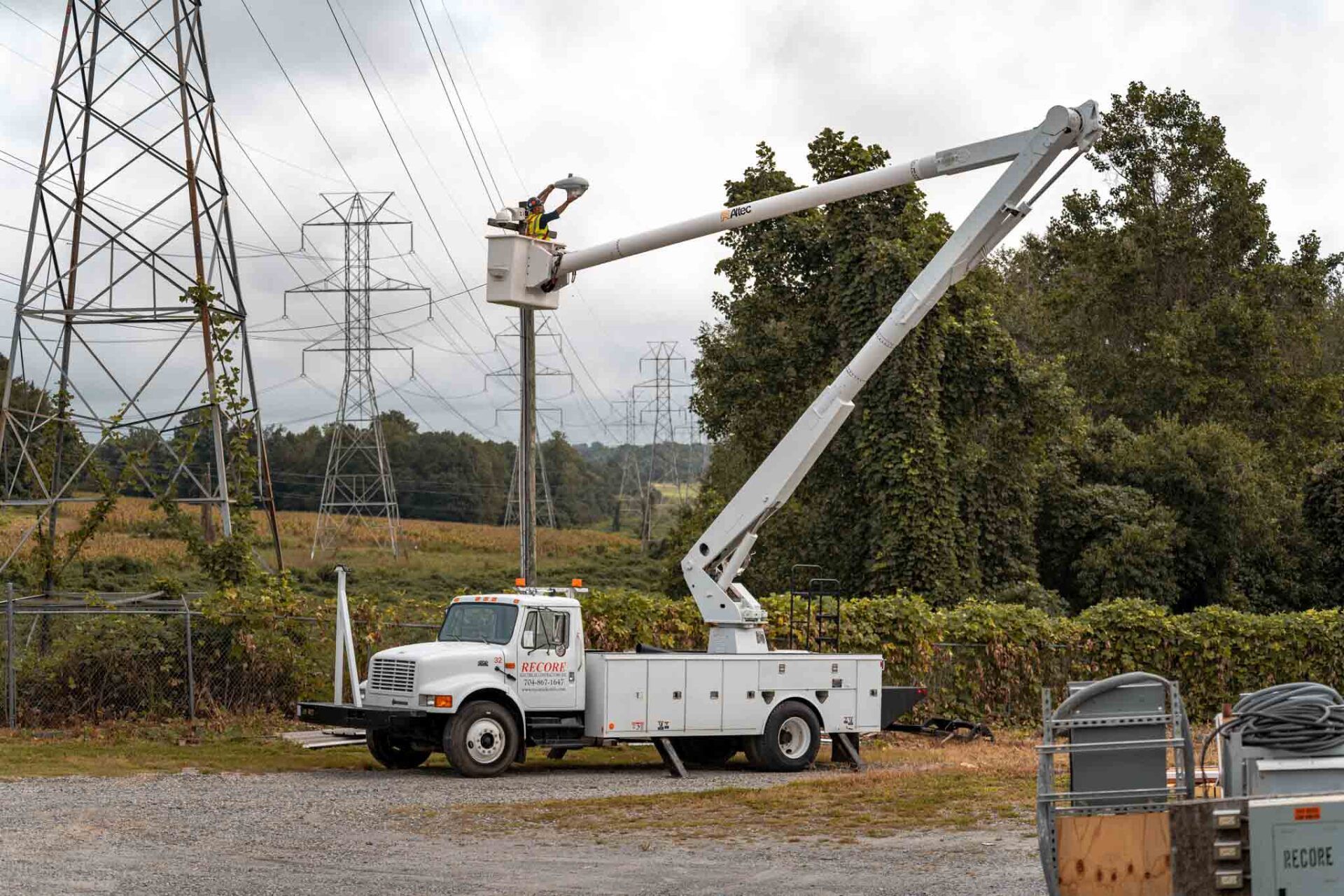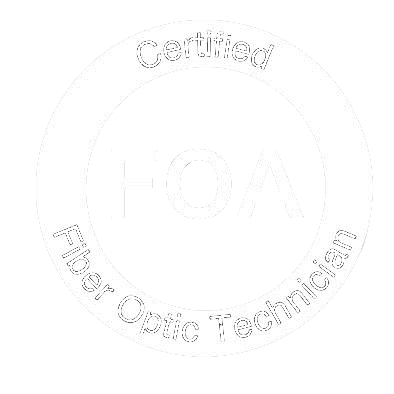What Is an Arc Flash Study and Why Your Facility Needs One
Electrical hazards are one of the most dangerous risks facing industrial and commercial facilities today. Among them, arc flash incidents stand out for their severity. An arc flash can cause intense heat and light, dangerous pressure waves, and the violent expulsion of molten metal, often resulting in catastrophic injuries and/or damage. Preventing injuries from these incidents requires a proactive approach, one that starts with conducting an Arc Flash Study.
An Arc Flash Study is more than a safety measure. It is a necessary risk assessment that identifies electrical hazards in your facility and recommends actions to protect employees. At Recore Electric, we specialize in delivering custom arc flash studies tailored to the unique electrical systems of our clients. Our studies comply with NFPA 70E standards and help clients create safe work plans, select appropriate PPE, coordinate existing electrical protection devices, and prepare for system upgrades and expansions.
What Is an Arc Flash?
An arc flash is a type of electrical explosion caused by a fault in an electrical circuit. When current jumps across an air gap between conductors, it produces an arc that can reach temperatures as high as 35,000°F, hotter than the surface of the sun. These incidents can occur due to equipment failure, dust and/or moisture accumulation, improper work procedures, or even accidental contact.
The force of an arc flash can destroy equipment, cause severe burns, ignite clothing, and cause severe injury or death to anyone nearby. Recognizing these dangers, safety regulators and electrical standards organizations have made arc flash risk assessment a critical part of workplace safety.
What Is an Arc Flash Study?
An Arc Flash Study is a comprehensive engineering analysis used to evaluate a facility’s electrical system and assess the risk of arc flash incidents. The study typically includes the following components:
- System data collection and modeling
- Short-circuit and bolted fault current analyses
- Equipment evaluation
- Incident Energy (Arc Flash Hazard) calculations
- Labeling of electrical equipment
- Personal protective equipment (PPE) recommendations
- Detailed reporting and safe work procedures
At Recore Electric, we work closely with clients to gather accurate data, model their electrical systems, and produce easy-to-understand results. Our studies help facility managers make informed decisions about system upgrades, maintenance schedules, and worker safety protocols.
Why Is an Arc Flash Study Important?
1. Compliance with Safety Standards
Regulations such as the Occupational Safety and Health Administration (OSHA) 29 CFR 1910.333 and the Nation Fire Protection Association (NFPA) 70E require employers to assess workplace electrical hazards and provide appropriate protective measures. Conducting an arc flash study demonstrates compliance with these standards
The NFPA 70E outlines the need for arc flash risk assessments, electrical equipment labeling, and proper PPE usage. By aligning your safety practices with NFPA recommendations, you promote a culture of accountability and reduce the risk of incidents.
2. Enhancing Worker Safety
The primary goal of an arc flash study is to protect your team. By calculating the incident energy available at various points in your electrical system, you gain the knowledge needed to:
- Identify high-risk areas
- Provide accurate PPE ratings and safe work plans for workers
- Post hazard warning labels on electrical panels
- Develop lockout/tagout procedures
Every worker deserves to return home safely. Recore’s arc flash analysis gives safety managers the tools to implement safer work conditions and reduce the likelihood of life-altering injuries.
3. Supporting Facility Planning and Upgrades
Arc flash analysis is essential when planning plant expansions or production line upgrades. Accurate electrical system data is critical to avoid introducing new hazards when adding capacity or modifying equipment. Recore’s arc flash studies help clients confidently proceed with upgrades, knowing that the integrity and safety of the system have been evaluated.
What to Expect from Recore’s Arc Flash Study Process
At Recore Electric, we do not offer one-size-fits-all reports. Each Arc Flash Study is tailored to your facility, and our team walks you through every step of the process. Here's what you can expect:
1. Site Visit and Data Collection
We begin with a detailed inspection of your facility. During this visit, our technicians gather data on electrical panels, transformers, breakers, wiring configurations, and equipment types. This phase is crucial for building an accurate model of your system.
2. System Modeling and Analysis
Using industry-standard software, we model your electrical system to perform short-circuit and coordination studies. We then calculate the potential incident energy at each point and determine the arc flash boundary for every piece of equipment.
3. Hazard and Risk Determination
We analyze the data to determine which areas present the highest risk. These insights help guide safety plans, emergency procedures, and equipment upgrades.
4. PPE and Labeling Recommendations
Each piece of electrical equipment will be labeled with the appropriate hazard category, and working distance. These labels are fully compliant with NFPA 70E guidelines and give your team immediate, actionable information.
5. Custom Reports and Recommendations
Recore provides detailed reports and recommendations customized to your operation. We help you understand what changes might improve safety, what areas need attention, and how to prepare for inspections.
Long-Term Maintenance and Review
Arc flash conditions can change over time. That’s why Recore Electric recommends:
- 5-Year Inspections – As outlined in NFPA 70E, arc flash studies should be reviewed at least every five years, or whenever a major electrical change occurs.
- Ongoing Facility Labeling – We assist with regular updates to your labels to reflect system changes and maintain compliance.
- Data Reporting – Our final report serves as a foundation for training, documentation, and long-term planning.
Routine maintenance of your arc flash study is as important as the initial analysis. By keeping your study current, you continue to protect personnel and prevent costly downtime.
Who Needs an Arc Flash Study?
If your facility has energized electrical systems operating above 50 volts, you are a candidate for an arc flash study. This includes:
- Manufacturing plants
- Warehouses and distribution centers
- Data centers
- Commercial office buildings
Even facilities with relatively simple systems can benefit from a study that highlights potential risks and confirms safe practices.
Recore Electric: Your Partner in Electrical Safety
At Recore Electric, we understand that electrical safety is non-negotiable. That is why our arc flash studies go beyond the checklist. We tailor our services to your facility’s needs, communicate clearly at every stage, and support you with actionable insights. From facility labeling to data reporting, we make arc flash compliance easier to manage.
Your facility’s electrical infrastructure is complex. Let us help you keep it safe, efficient, and compliant.
